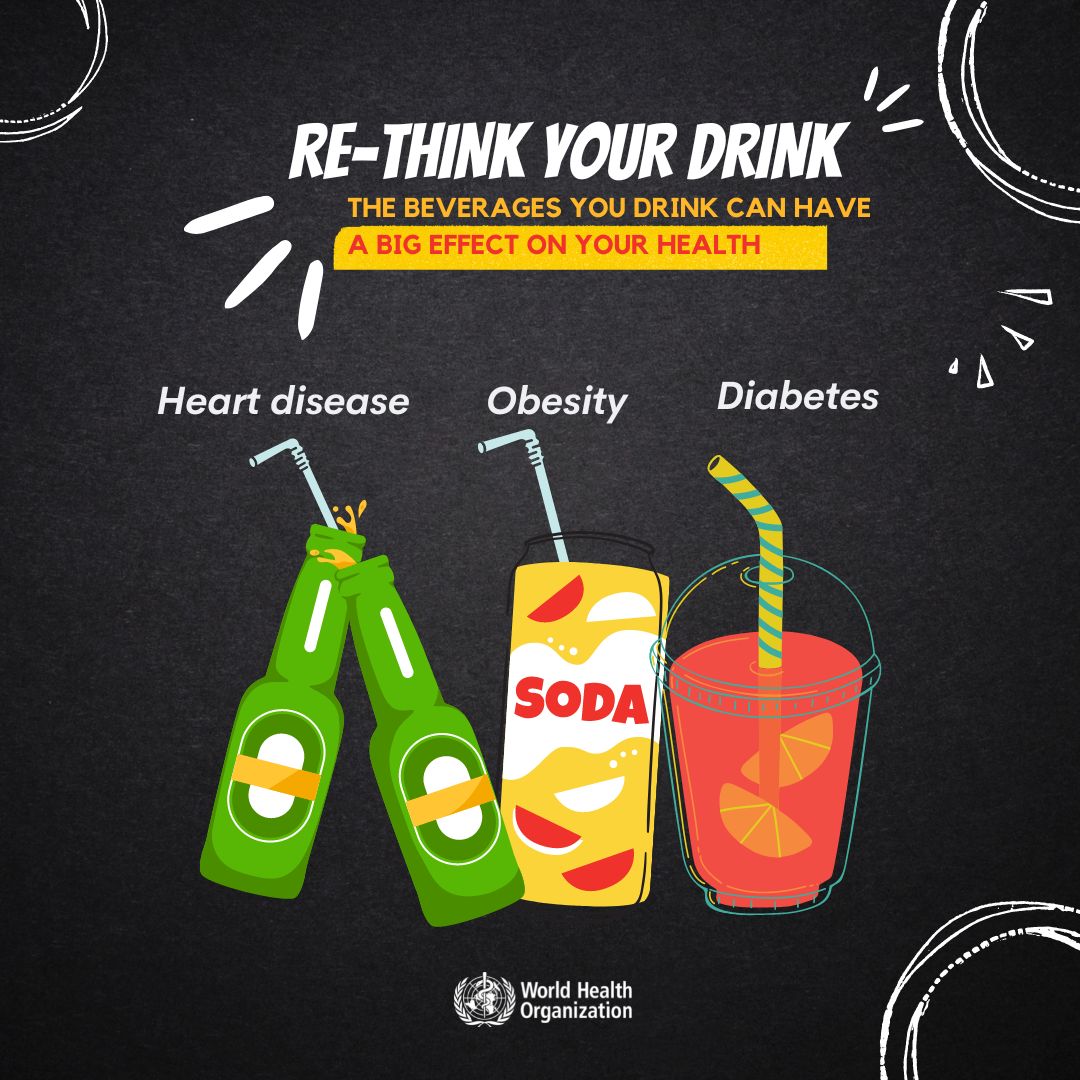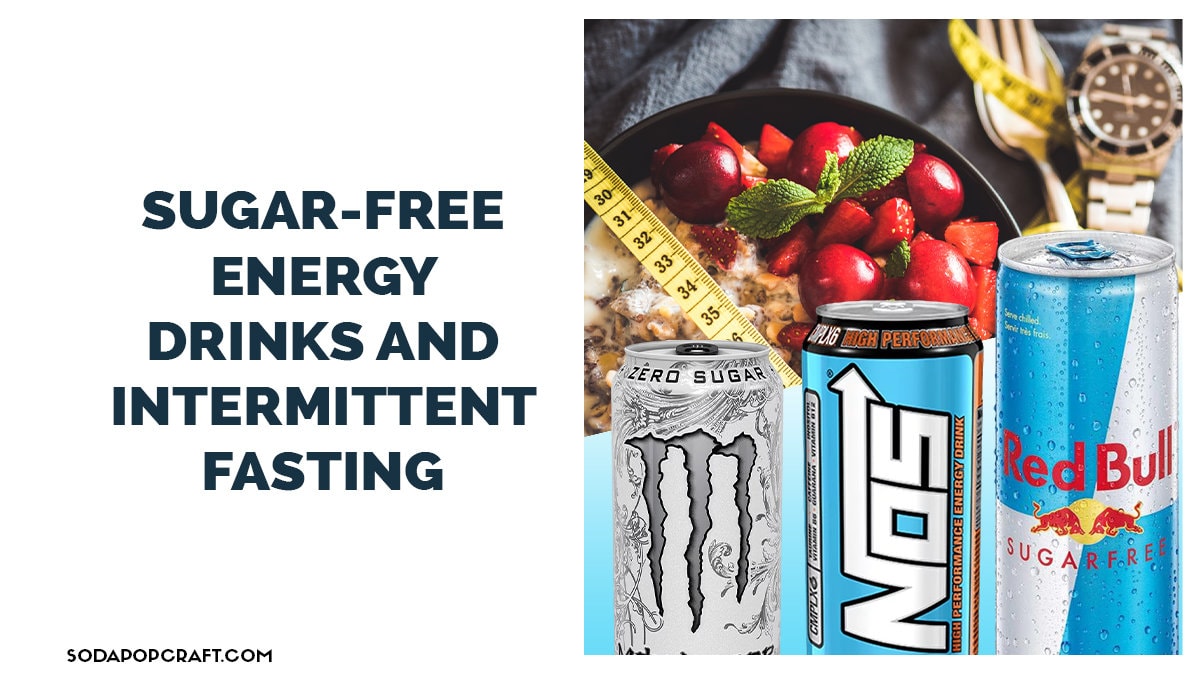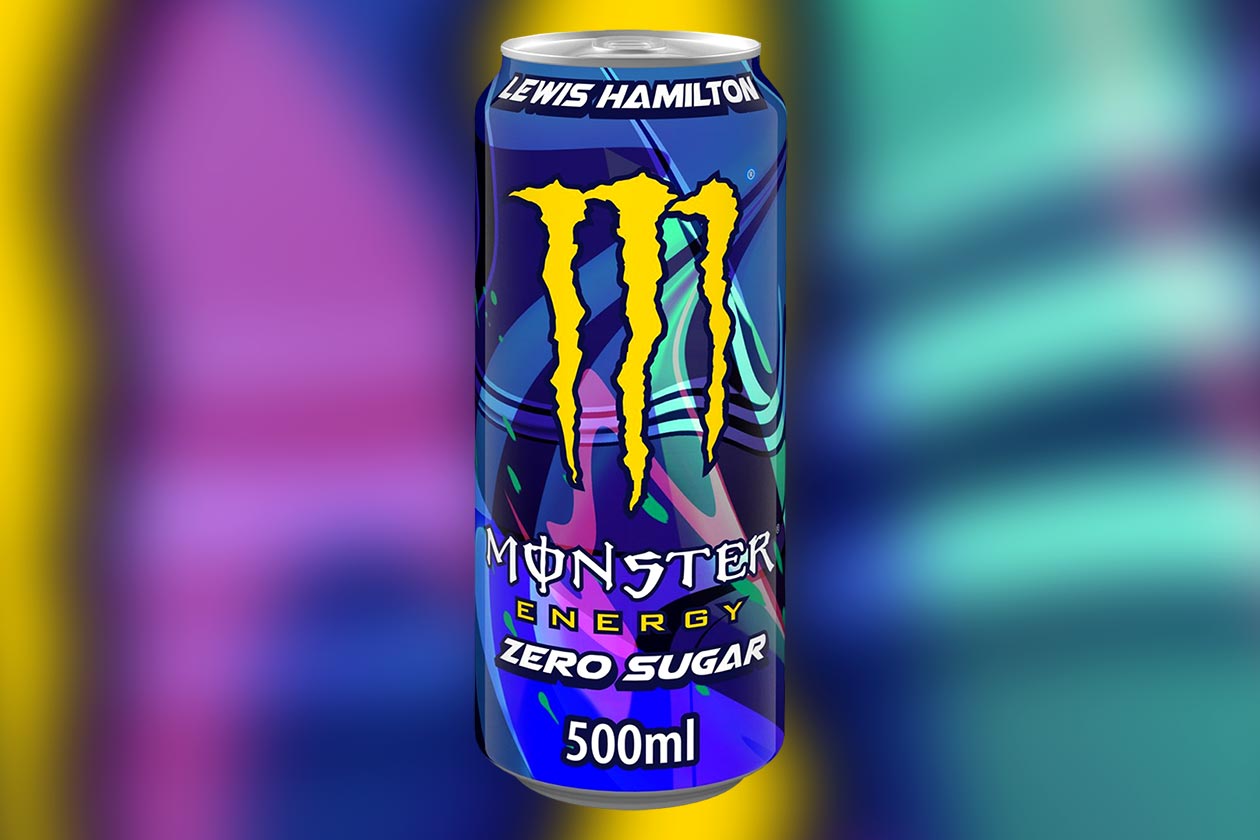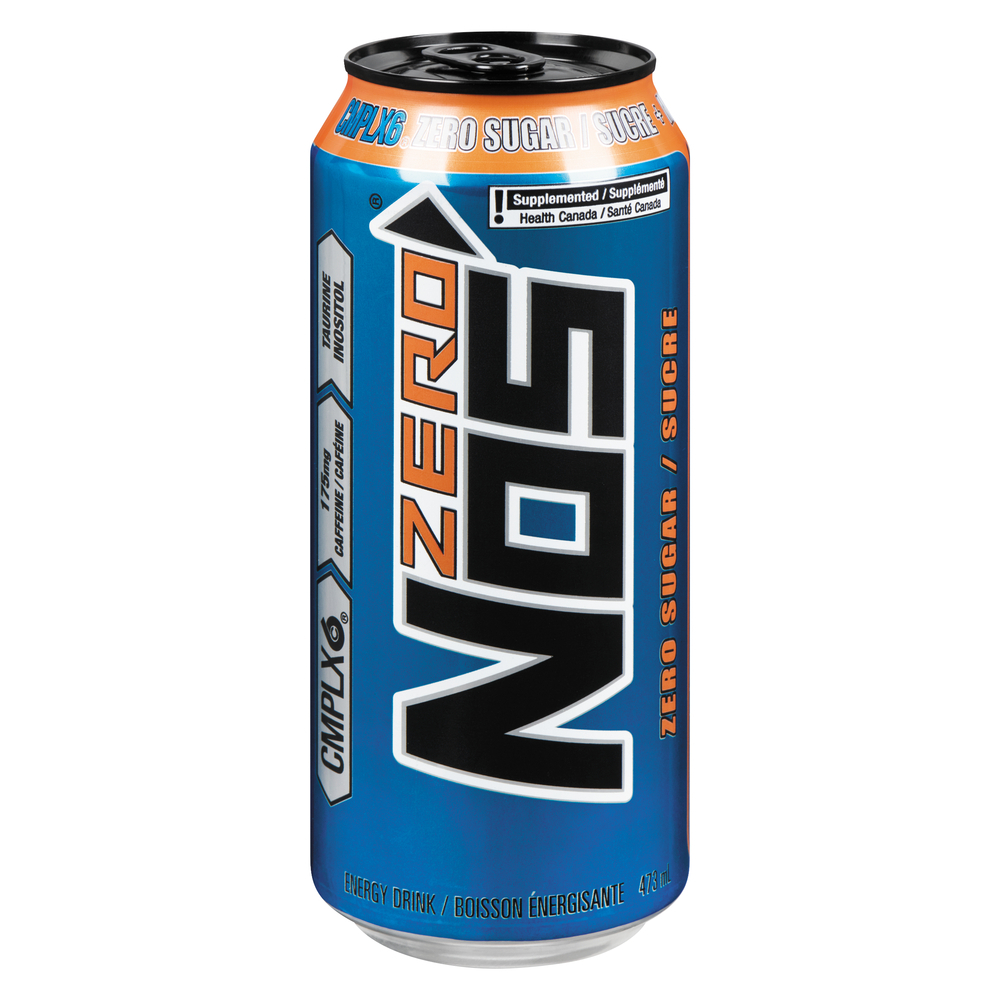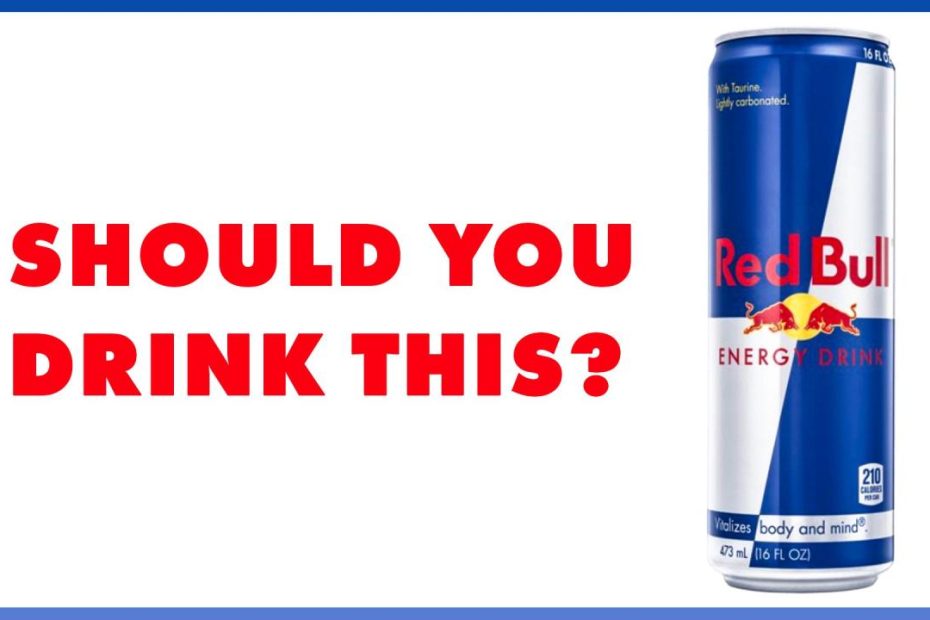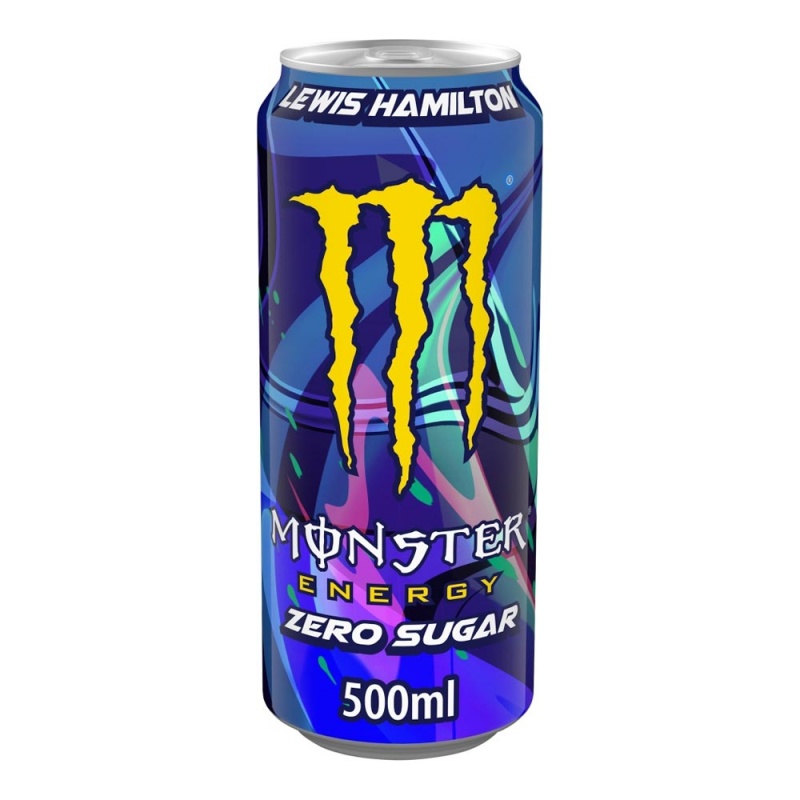Can Zero Sugar Energy Drinks Cause Weight Gain

The allure of zero-sugar energy drinks is undeniable: a burst of energy without the guilt of added calories. Marketed as a healthier alternative to their sugary counterparts, these beverages have surged in popularity, promising to fuel workouts, power through deadlines, and enhance focus, all while keeping weight gain at bay. But a growing body of research and anecdotal evidence suggests a more complex reality. Could these seemingly harmless drinks be contributing to weight gain despite their lack of sugar?
This article dives deep into the surprising potential links between zero-sugar energy drinks and weight gain. We will explore the science behind artificial sweeteners, their impact on metabolism and appetite, and the broader lifestyle factors that contribute to weight management. Experts in nutrition, endocrinology, and public health offer their insights, providing a balanced perspective on this controversial topic. The goal is to provide readers with the information needed to make informed choices about their consumption of zero-sugar energy drinks.
The Sweet Deception: Artificial Sweeteners and Your Body
At the heart of the debate lies the impact of artificial sweeteners, the sugar substitutes that give zero-sugar drinks their palatable sweetness. Common examples include aspartame, sucralose, and saccharin. These substances provide an intense sweet taste without the caloric burden of sugar.
However, the body's response to these artificial sweeteners is not as straightforward as one might assume. Research suggests that they can disrupt the gut microbiome, the complex community of microorganisms living in our digestive system. A disrupted gut microbiome has been linked to various health issues, including impaired glucose metabolism and increased risk of obesity, according to studies published in journals like Nature and the American Journal of Clinical Nutrition.
"The artificial sweeteners may change the gut bacteria which can lead to weight gain and other health issues," says Dr. Emily Carter, a registered dietitian specializing in metabolic health.
Furthermore, some studies suggest that artificial sweeteners may interfere with the body's natural appetite regulation. The brain may not receive the expected signal after consuming something sweet, leading to increased cravings for sugary foods later in the day. This phenomenon, known as the "cephalic phase insulin response," involves the body preparing for glucose intake that never arrives, potentially leading to insulin resistance over time.
Metabolic Mayhem: Insulin Resistance and Beyond
Insulin resistance is a condition where the body's cells become less responsive to insulin, a hormone crucial for regulating blood sugar levels. This can lead to elevated blood sugar, increased fat storage, and a higher risk of type 2 diabetes and weight gain.
Although the link between artificial sweeteners and insulin resistance is still being investigated, some studies have raised concerns. A 2014 study published in Nature showed that artificial sweeteners can induce glucose intolerance by altering the gut microbiota. This suggests that even though zero-sugar drinks don't directly contribute to blood sugar spikes, they can indirectly impact metabolic health.
However, other research presents conflicting results. A meta-analysis published in the International Journal of Obesity found no significant association between artificial sweetener consumption and weight gain or changes in glucose metabolism. This highlights the complexity of the issue and the need for further research to fully understand the long-term effects of artificial sweeteners.
The Energy Equation: More Than Just Calories
Beyond the direct effects of artificial sweeteners, the impact of zero-sugar energy drinks on weight gain can also be attributed to behavioral factors. These drinks often contain high doses of caffeine, which can disrupt sleep patterns. Poor sleep is a known risk factor for weight gain, as it can affect appetite hormones like ghrelin and leptin, leading to increased hunger and cravings for unhealthy foods.
Moreover, the perceived "health halo" surrounding zero-sugar drinks can lead to compensatory behaviors. Individuals may feel justified in indulging in other high-calorie foods, thinking they are offsetting the caloric deficit from their sugar-free beverage. This unconscious overconsumption can easily negate any potential weight loss benefits.
Dr. David Lee, an endocrinologist specializing in diabetes management, emphasizes the importance of considering the overall diet and lifestyle. "Zero-sugar energy drinks should not be viewed as a magic bullet for weight loss. They are just one piece of the puzzle, and their potential benefits can be easily undermined by poor dietary choices and lack of physical activity."
The Role of Marketing and Consumer Perception
The marketing of zero-sugar energy drinks often focuses on their ability to enhance performance and boost energy levels, creating a positive association that may not be entirely accurate. Consumers may overestimate the benefits and underestimate the potential risks, leading to excessive consumption.
Furthermore, the availability and affordability of these drinks contribute to their widespread use. They are readily accessible in convenience stores, supermarkets, and even gyms, making them an easy option for individuals seeking a quick energy boost. The convenience, coupled with aggressive marketing campaigns, can create a cycle of dependency and contribute to long-term health issues.
Looking Ahead: A Call for Further Research and Informed Choices
The question of whether zero-sugar energy drinks can cause weight gain is complex and multifaceted. While the direct caloric impact may be negligible, the potential effects on the gut microbiome, appetite regulation, and compensatory behaviors cannot be ignored. More research is needed to fully understand the long-term implications of artificial sweetener consumption.
In the meantime, consumers should exercise caution and make informed choices. Opt for water, unsweetened tea, or coffee as healthier alternatives to energy drinks. If you choose to consume zero-sugar energy drinks, do so in moderation and be mindful of your overall diet and lifestyle. Prioritize sleep, physical activity, and a balanced diet rich in whole, unprocessed foods. Consult with a registered dietitian or healthcare professional for personalized advice on managing your weight and optimizing your health.
Ultimately, the key to weight management lies in adopting a holistic approach that addresses both physical and behavioral factors. Zero-sugar energy drinks may have a role to play in certain situations, but they should not be relied upon as a substitute for healthy habits.

